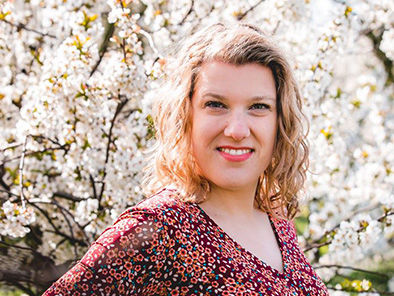

Abstracts Division 1
24. The needs and wishes of parents of 0-2 year-olds regarding sleep education in Youth Health Care: A Needs Assessment

Marijn van de Sande 1 Lisa Verspeek 1, Sanne Gerards 1 and Ree Meertens 1.
1 Faculty of Health, Medicine and Life Sciences, Department of Health Promotion, Maastricht University.
Aims and objectives
To assess parents’ needs and wishes in sleep education, their experiences with the current Youth Health Care services and parental help-seeking behaviour regarding their infant’s sleep. Background:Sleep problems are reported by a quarter of parents with children under the age of 5 years. These sleep problems can have a serious negative impact on the child, their family and on society in general. Sleep education in Youth Health Care offers the opportunity to provide information to parents to prevent infant sleep problems. Design and methods: A qualitative study design was used. Eight semi-structured interviews with first-time parents of 0-2 year-old infants living in the south of the Netherlands were conducted. The interviews were audio recorded, transcribed in Word and analysed by inductive coding using Nvivo software. Results: All participants reported their infants’ sleep to be of low quantity at least at one point post-partum. Parents often sought help on the internet or in their social environment and less via Youth Health Care. Most parents expressed they did not receive adequate sleep advice from Youth Health Care professionals nor midwives. Parents wished to receive information earlier and wanted more in-depth information from the professionals, in different formats. Parents also experienced difficulties with some of the methods to prevent infant sleep problems, such as extinction methods. Discussion: The findings of this study suggest that the current approach to sleep education may not meet the needs of (first-time) parents of 0-2 year-olds. Conclusion: This study highlights the need for revision of the current Youth Health Care sleep education practices as well as the timing and content of sleep advice provided by health care professionals. The findings of this study can be used in future interventions optimizing sleep education provided by the Youth Health Care services.

NUTRIM | School of Nutrition and Translational Research in Metabolism
NUTRIM aims to contribute to health maintenance and personalised medicine by unraveling lifestyle and disease-induced derangements in metabolism and by developing targeted nutritional, exercise and drug interventions. This is facilitated by a state of the art research infrastructure and close interaction between scientists, clinicians, master and PhD students.
www.maastrichtuniversity.nl/nutrim